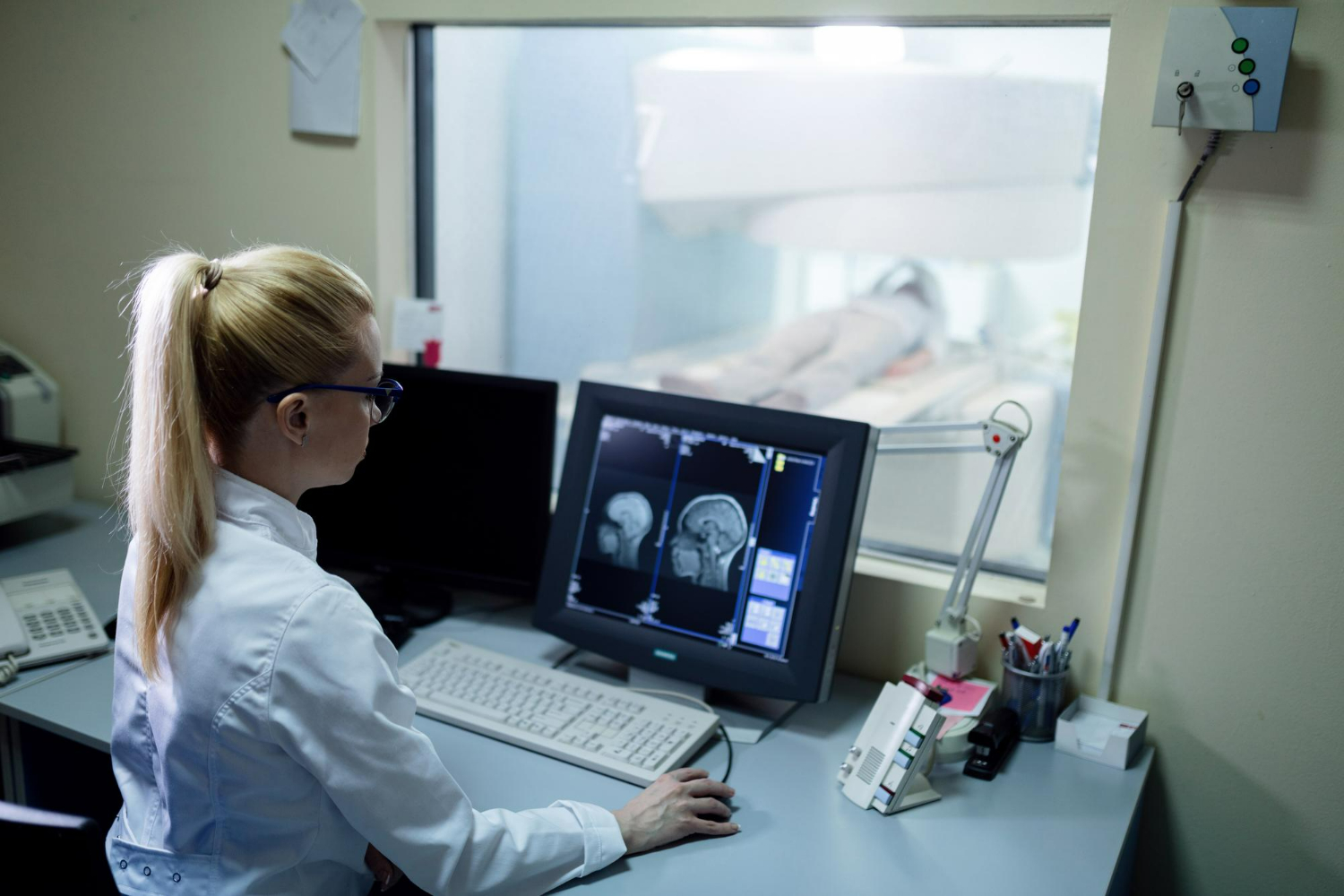Introduction
The human microbiome, a complex ecosystem of microorganisms residing in our bodies, plays a pivotal role in maintaining overall health and well-being. This article explores the intricate relationship between gut health and our broader sense of well-being.
1. Understanding the Microbiome
The Microbial Ecosystem in the Gut : The gut is home to trillions of microorganisms, collectively forming the microbiome. This diverse ecosystem includes bacteria, viruses, fungi, and other microscopic inhabitants.
Role of Microorganisms in Digestion : Microorganisms in the gut aid in the digestion process, breaking down complex compounds, producing essential nutrients, and influencing the absorption of dietary elements.
2. Impact of Microbiome on Immune System
Gut-Immune System Connection : A harmonious microbiome is vital for a robust immune system. The gut houses a significant portion of the immune cells, and a balanced microbiome contributes to disease resistance.
Microbiome’s Role in Disease Prevention : Research suggests that a well-balanced microbiome can contribute to preventing various diseases, from gastrointestinal issues to systemic conditions.
3. Nutrition and the Microbiome
Dietary Influences on Gut Health : The food we consume significantly shapes the composition of our microbiome. A diet rich in fiber and diverse nutrients fosters a healthy microbial community.
Prebiotics and Probiotics: Microbiome Boosters : Including prebiotics (fibrous foods) and probiotics (live beneficial bacteria) in our diet can positively influence the microbiome, promoting a flourishing balance of microorganisms.
4. Lifestyle Factors Affecting the Microbiome
Stress and its Impact on Gut Health : Chronic stress can disrupt the balance of the microbiome, emphasizing the need for stress management practices for overall well-being.
Exercise as a Microbiome Enhancer : Physical activity has been linked to a more diverse and resilient microbiome, emphasizing the role of exercise in supporting gut health.
5. Gut-Brain Axis: Microbiome and Mental Health
Link Between Gut Health and Emotional Well-Being : The gut-brain axis signifies the bidirectional communication between the gut and the brain, influencing mood, stress levels, and cognitive functions.
Probiotics for Mental Health Support : Certain strains of probiotics have shown promise in promoting mental health, potentially alleviating symptoms of anxiety and depression.
6. Common Disruptions to the Microbiome
Antibiotics and their Impact : While antibiotics target harmful bacteria, they can also disturb the beneficial microbes in the gut, underscoring the importance of judicious antibiotic use.
Overuse of Sanitizers: Microbiome Disturbance : Excessive use of sanitizers and antimicrobial products can disrupt the microbiome, highlighting the need for a balanced approach to hygiene.
7. Signs of a Healthy Microbiome
Balanced Digestion and Regular Bowel Movements : A well-functioning microbiome contributes to efficient digestion and regular, healthy bowel movements.
Stable Mood and Energy Levels : A stable and balanced microbiome has been associated with stable mood, energy levels, and overall mental well-being.
8. Practical Tips for a Microbiome Makeover
Diversifying Your Diet with Fiber-Rich Foods : Incorporating a variety of fruits, vegetables, and whole grains provides essential fibers that support microbial diversity.
Incorporating Fermented Foods into Meals : Fermented foods like yogurt, kimchi, and sauerkraut introduce beneficial bacteria into the gut, contributing to microbiome health.
9. Future Trends in Microbiome Research
Personalized Microbiome Diets : As research advances, personalized diets tailored to an individual’s unique microbiome may become a prominent trend for optimizing health.
Microbiome Therapies and Their Potential : Emerging therapies, such as fecal microbiota transplantation (FMT), hold promise for treating certain diseases by restoring a healthy microbiome.
10. Navigating the Microbiome Journey
As we unravel the complexities of the microbiome, we embark on a journey of self-discovery and well-being. From the foods we choose to the way we manage stress, each decision contributes to the delicate balance of our internal ecosystem. Nurturing our microbiome is not just a health trend; it’s a holistic approach to thriving in the intricacies of our own biology. By understanding, respecting, and actively supporting our microbiome, we unlock the potential for enduring well-being and vitality.
Conclusion
In the vast landscape of human health, the microbiome emerges as a key player, influencing everything from digestion to mental well-being. As we navigate the complexities of modern life, understanding and nurturing our microbiome becomes a cornerstone of proactive health management.



















